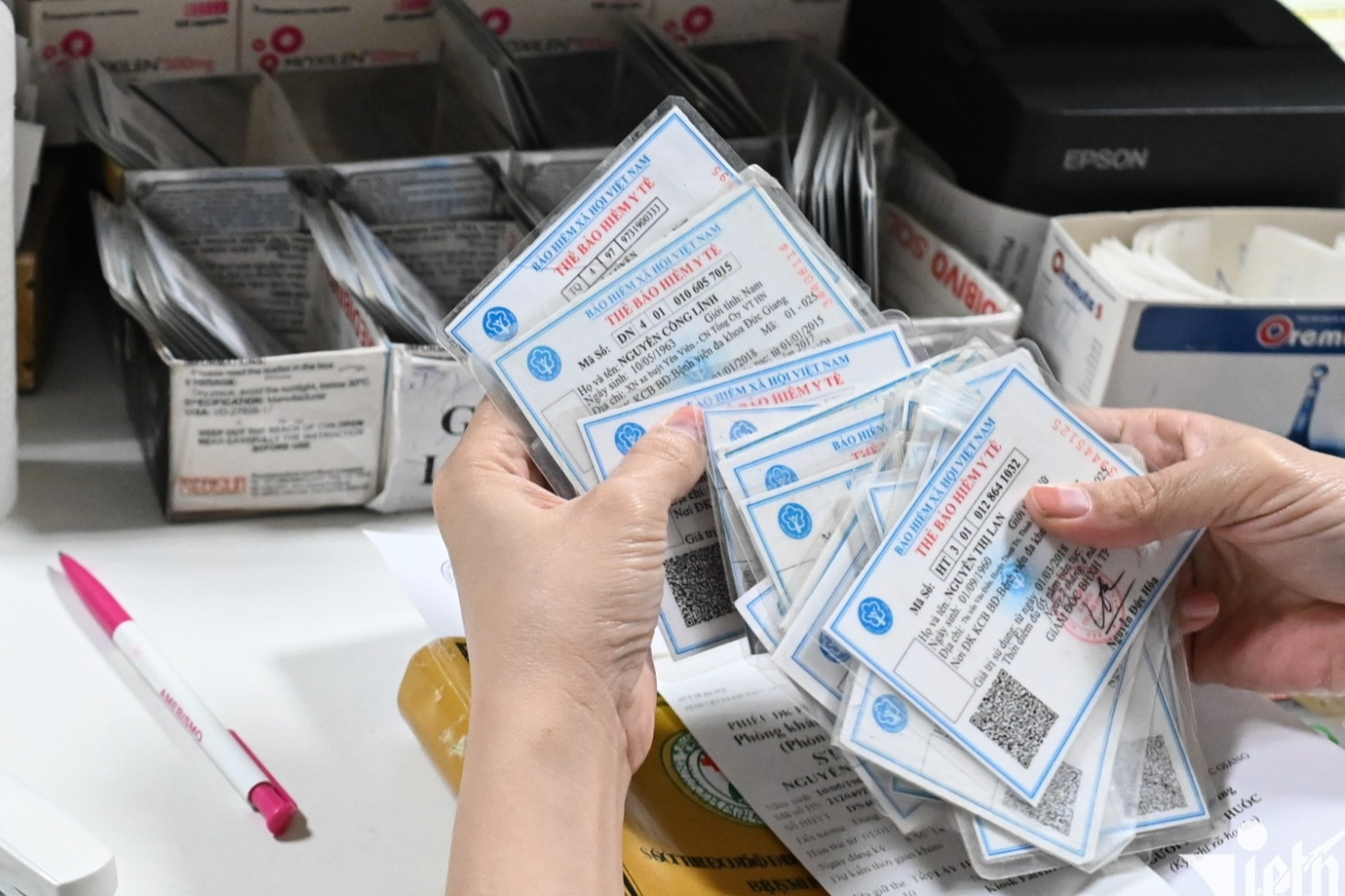
The amended Law on Health Insurance, effective from July 1, introduces key changes to Vietnam’s health insurance card system. One of the most notable updates is the replacement of individual physical cards with a unified digital health insurance code.

Under the revised 2024 Health Insurance Law, each citizen will be assigned a single health insurance code. This code is the official reference for accessing health insurance benefits and is integrated across various platforms, including the VssID and VNeID apps and chip-based national ID cards.
Health insurance cards will now be issued both digitally and in paper form, with equal legal value. Instead of being issued multiple physical cards, individuals will have only one health insurance code embedded across digital systems.
According to Vietnam Social Security (VSS), the VssID and VNeID applications or chip-based citizen identification cards serve as digital alternatives to the traditional health insurance card. These electronic versions utilize biometric verification for enhanced security, helping to prevent fraud and simplify the health care process for insured individuals.
Vu Nu Anh, Deputy Director of the Health Insurance Department at the Ministry of Health, stated that the government is currently drafting a decree to detail the implementation of the revised law. This decree, expected to be enacted from July 1, 2025, includes regulations on revoking or temporarily suspending the use of digital health insurance cards.
The decree outlines that digital health insurance cards may be revoked if issued to ineligible individuals or in cases of fraudulent issuance. Cards may also be temporarily locked if used by someone other than the cardholder, or in instances of forgery, fraud, or other legal violations related to card usage.
If such misconduct is detected, insured individuals or health care providers must notify the social insurance agency to request the suspension of the card’s validity.
Once revoked or suspended, the social insurance agency is responsible for informing the cardholder. A suspended card can be reactivated if the misuse is legally resolved or the user is found to be innocent of any fraudulent or illegal acts.
As of the end of 2024, Vietnam had 95.52 million health insurance participants, covering 94.2% of the population. Last year, there were 186.2 million insured inpatient and outpatient visits nationwide, with reimbursement claims totaling nearly 143 trillion VND (approximately 5.63 billion USD), an increase of 18.69 trillion VND (around 736 million USD) compared to the same period in 2023.
Vo Thu